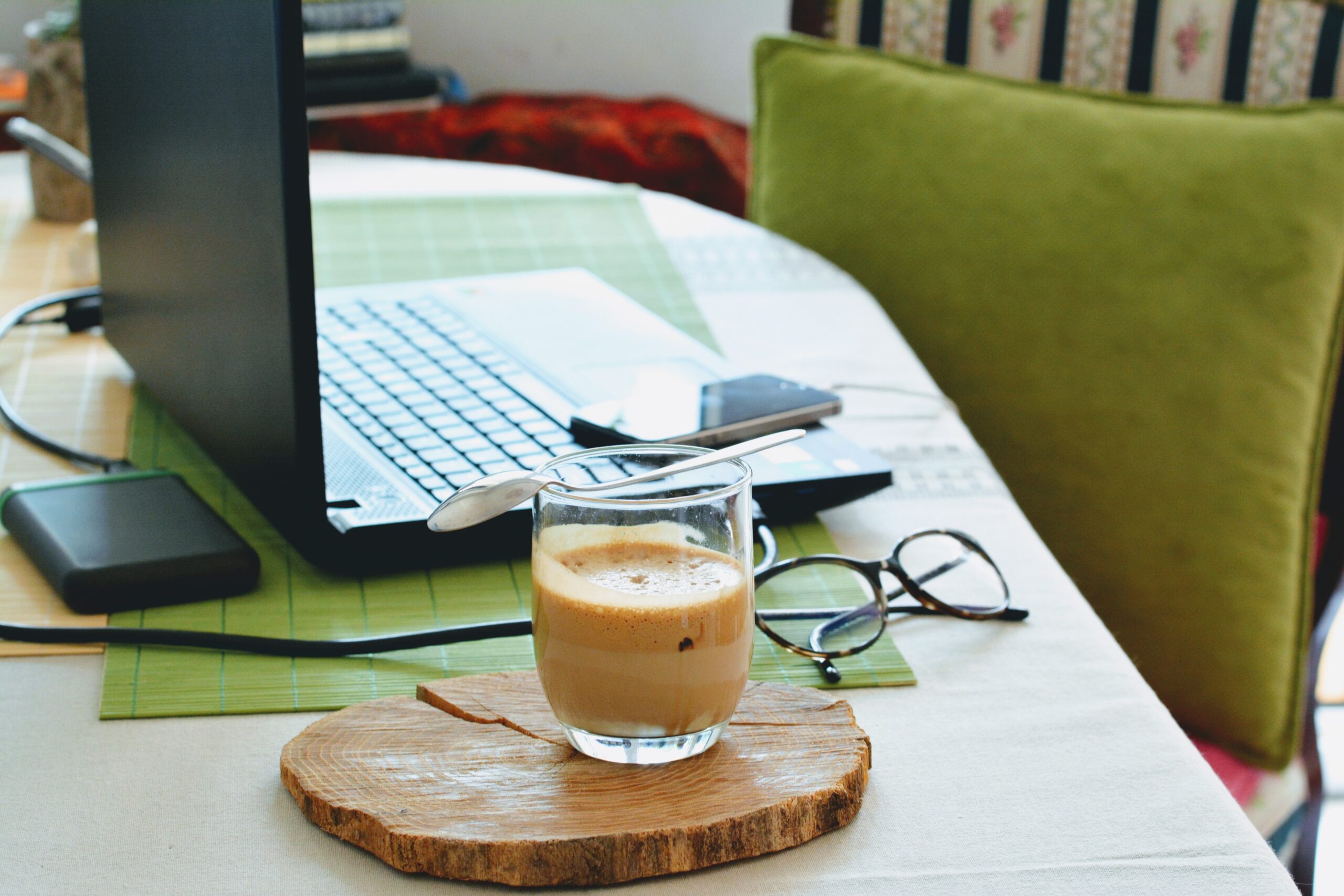
Getting in control of your spending
Getting in control of your spending
Keeping your business in a positive cashflow position is vital. But you can only do this if your cash inflows (sales revenues and other income) outweigh your cash outflows (overheads, supplier costs and other liabilities like tax costs or loan repayments).
One way to re-balance your cashflow scales is to get in better control of your spending.
This process of ‘spend management’ is all about reviewing your expenses, negotiating better deals with suppliers and getting a razor-sharp focus on reducing your cash outflows.
Review your current suppliers
Once you have a reliable supply chain set up, it’s very easy to fall back on using the same suppliers time and time again. But the reality is that there’s real value in reviewing the suppliers you’re using, so you don’t miss out on any better deals.
Prices will go up and down in the marketplace and new suppliers will appear in the market. So it’s worth regularly checking for alternative providers that can offer cheaper rates, better value prices or longer payment terms etc.
Negotiate better prices with your trusted suppliers
You may be happy with the supplier relationships you have, but still want to cut down on your spending.
In this scenario, it’s well worth negotiating. Very few suppliers will want to lose a valued customer, especially if you’re a long-term client who’s bringing in reliable revenues. If the relationship is strong enough they’ll be open to negotiating a deal that works for both of you.
See if you can push the prices down, or get discounts for buying in bulk etc. And, if possible, see if you can get them to agree to a trade credit agreement, where you can pay for the goods and services over a longer period of time, to boost your cashflow.
Rein in your expenses
It may sound obvious, but one of the easiest ways to cut your overall expenditure is to be a bit more frugal with your overall spending.
Don’t overspend on stock, raw materials or services. Just buy what you need to stay operational, and keep a close eye on when new orders will be needed, rather than overspending and using up your available cash.
Where day-to-day spending has got out of hand, you can make a big difference to your expenditure by making small changes to your outgoings.
If you look at your spending with a fine-tooth comb, you’ll soon find costs and expenses that can be cut back or stopped entirely.
Other cash-saving options could include putting a limit on staff expense cards or cancelling unnecessary software and magazine subscriptions etc.
Use a purchase order number system
A purchase order number system makes it easier to keep track of your spending.
In essence, any purchase made by the business needs a purchase order (PO) number assigned to it, prior to a member of staff buying anything. This allows you to allocate a budget and track the spending against this particular purchase or project.
Having a PO number also makes it easier to track incoming invoices. Suppliers can quote the PO number on their invoice, so you can match the bill to the allocated job and budget.
Use tech to get in control of the numbers
In an ideal world, you want as much oversight over your spending as possible. And with today’s cloud accounting software, expenses apps and inventory tools, it’s easier than ever to manage your expenses and stay in control of the main numbers.
You can use an expense management system, like DiviPay, to get better oversight of spending and put yourself back in the expenses driving seat.
If you want to streamline your spending, come and talk to us. We’ll help you spot the areas where costs can be cut and help you integrate the latest apps to manage your numbers.


